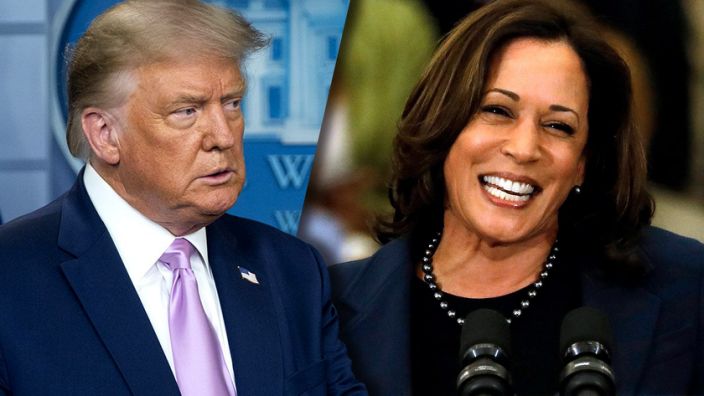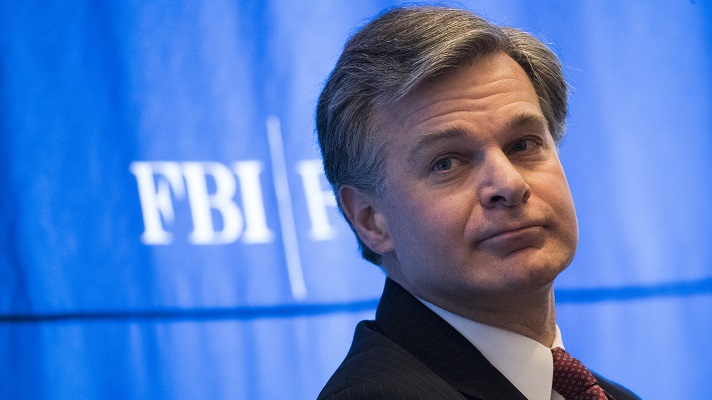After months of avoiding the issue, Democratic Governor of California Gavin Newsom is facing a political predicament regarding proposed slavery reparations by his task force.
Newsom declined to support the recommended cash payments, which could potentially go as high as $1.2 million per recipient, stating that addressing the legacy of slavery requires more than just monetary compensation. Fox News Digital was the first to report this development on Tuesday evening, and critics are now accusing Newsom of flip-flopping on the issue as he faces 2024 speculation.
“It will take absurd mental gymnastics to require California taxpayers, including new immigrants, low-income workers, and even some African Americans to pay for a wrong committed by other states more than 150 years ago, but that’s the position Newsom put himself in,” Assembly Republican Leader James Gallagher told Fox News Digital.
“No matter what he does, he’s going to anger part of his base,” he said. “This is just one more example of the Governor’s tendency to make big promises he can’t or won’t keep, and people are going to learn quickly that Newsom is all talk but no action.”
Governor Gavin Newsom, a Democrat from California, finds himself in a political predicament regarding the proposed slavery reparations by his own task force. After remaining silent for months, Newsom declined to endorse the cash payments recommended by his task force, which could reach up to $1.2 million per recipient. He argued that addressing the legacy of slavery is more complex than just providing cash payments. This situation is largely Newsom’s own doing, as he signed legislation after the George Floyd riots in 2020, making California the first state to explore potential slavery reparations for Black Americans. The proposal put forth by the California Reparations Task Force could cost more than double the state’s overall budget, which could potentially bankrupt the state. However, a significant block of the Democratic Party, including 64% of Democrats and 86% of Black Americans, support reparations. While Newsom commended the task force’s work, he did not endorse any specific recommendations but pledged to work towards creating an inclusive and equitable future for all Californians.
“Many of the recommendations put forward by the Task Force are critical action items we’ve already been hard at work addressing: breaking down barriers to vote, bolstering resources to address hate, enacting sweeping law enforcement and justice reforms to build trust and safety, strengthening economic mobility — all while investing billions to root out disparities and improve equity in housing, education, healthcare, and well beyond. This work must continue,” he said.
“Following the Task Force’s submission of its final report this summer, I look forward to a continued partnership with the Legislature to advance systemic changes that ensure an inclusive and equitable future for all Californians.”
California Governor Gavin Newsom is facing a difficult decision regarding the slavery reparations proposed by his own task force. After months of silence on the issue, Newsom has declined to endorse the cash payments recommended by the reparations task force, which could reach as high as $1.2 million for a single recipient, arguing that dealing with the legacy of slavery “is about much more than cash payments.” Newsom is in a predicament as he risks angering a key Democratic constituency that supports reparations but also risks bankrupting the state as the proposal would cost more than double California’s overall budget.
The California Reparations Task Force recommends giving just under $360,000 per person to approximately 1.8 million Black Californians who had an ancestor enslaved in the U.S. The total cost of the program is estimated at about $640 billion, exceeding the nearly $300 billion state budget by more than double, at a time when the state is facing its first deficit in years. Newsom declined to weigh in for months on where he stood on reparations, and his hand may soon be forced as the task force’s final recommendations will soon be submitted to the California Legislature.
The proposal has sparked criticism from Republicans who view it as a non-starter in the state legislature. CalMatters recently asked all 80 assembly members whether they supported the task force’s proposal, and only three said yes, while the rest declined to respond. Critics argue that Newsom will use the lofty proposal to score political points, but if the legislature doesn’t pass a bill, proponents have called on Newsom to use his authority as governor to unilaterally enact the proposal.
The debate comes as Newsom continues to be floated as a possible 2024 Democrat alternative to President Biden, whose job approval ratings have sunk to a career low. Newsom has publicly backed Biden for re-election, but his actions have sparked questions about how committed he is to the president. The state is suddenly strapped for cash despite being No. 1 in the country for highest income taxes, sales taxes, and having the second-highest gasoline tax in the nation, second only to Pennsylvania. Additionally, California’s homeless crisis has severely worsened since the pandemic, despite Newsom spending billions to combat it since taking office.









